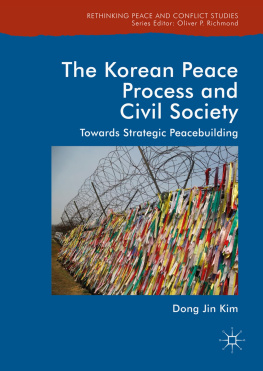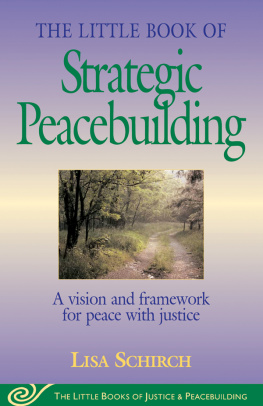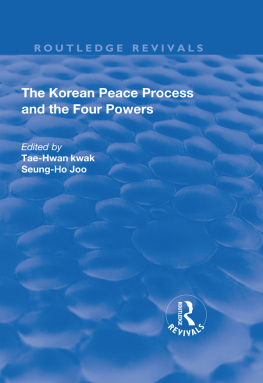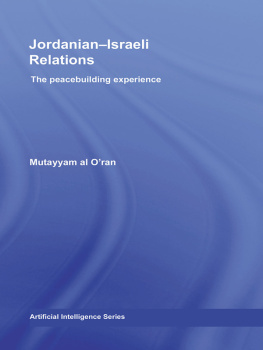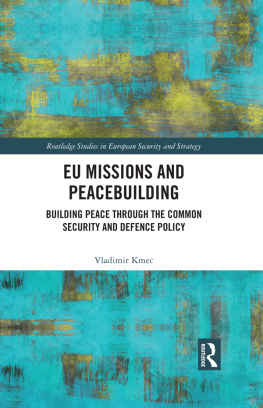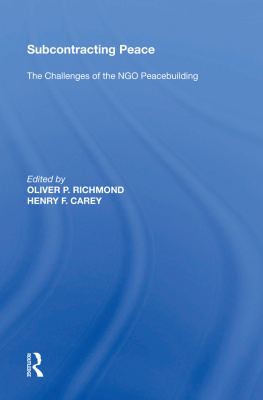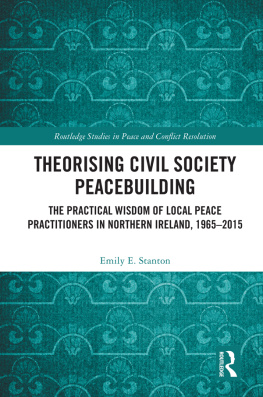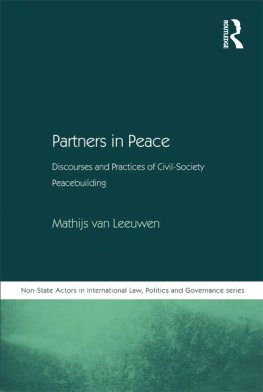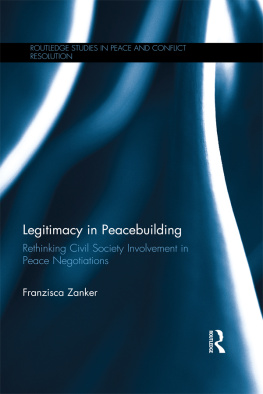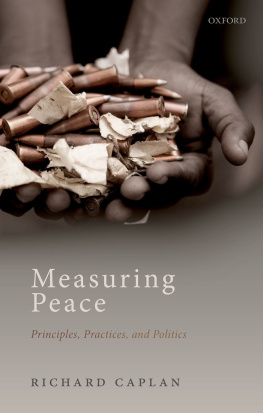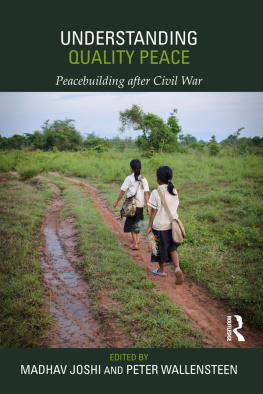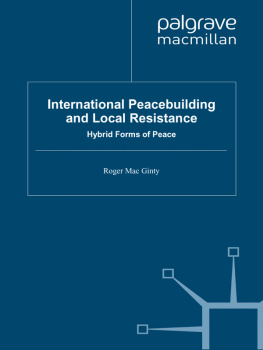Reconciling Divided States
This book offers a distinctive perspective on peace processes by comparatively analysing two cases which have rarely been studied in tandem, Ireland and Korea.
The volume examines and compares Ireland and Korea as two peace/conflict areas. Despite their differences, both places are marked by a number of overlaid states of division: a political border in a geographical unit (an island and a peninsula); an antagonistic relationship within the population of those territories; an international relationship recovering from past asymmetry and colonialism; and divisions within the main groupings over how to address these relationships. Written by academics and practitioners from Europe and East Asia, and guided by the concepts of peacebuilding and reconciliation, the chapters assess peace efforts at all levels, from the elite to grassroots organisations. Topics discussed include: historical parallels; modern debates over the legacy of the past; contemporary constitutional and security issues; civil society peacebuilding in relation to faith, sport, and womens activism; and the role of economic assistance. The book brings Ireland and Korea into a rich dialogue which highlights the successes and shortcomings of both peace processes.
This book will be of interest to students of Peace and Conflict Studies, Irish Politics, Korean Politics, and International Relations.
Dong Jin Kim is Irish School of Ecumenics Senior Research Fellow in Peace and Reconciliation Studies, Trinity College Dublin.
David Mitchell is Assistant Professor in Conflict Resolution and Reconciliation at Trinity College Dublin at Belfast.
Routledge Studies in Peace and Conflict Resolution
Series Editors: Tom Woodhouse and Oliver Ramsbotham
University of Bradford
The field of peace and conflict research has grown enormously as an academic pursuit in recent years, gaining credibility and relevance amongst policy makers and in the international humanitarian and NGO sector. The Routledge Studies in Peace and Conflict Resolution series aims to provide an outlet for some of the most significant new work emerging from this academic community, and to establish itself as a leading platform for innovative work at the point where peace and conflict research impacts on International Relations theory and processes.
The Colombian Peace Agreement
A Multidisciplinary Assessment
Edited by Jorge Luis Fabra-Zamora, Andrs Molina-Ochoa, and Nancy Doubleday
Conflict Resolution After The Pandemic
Building Peace, Pursuing Justice
Edited by Richard E. Rubenstein and Solon Simmons
Theorising Civil Society Peacebuilding
The Practical Wisdom of Local Peace Practitioners in Northern Ireland, 19652015
Emily E. Stanton
Neighborhood Resilience and Urban Conflict
The Four Loops Model
Karina V. Korostelina
Reconciling Divided States
Peace Processes in Ireland and Korea
Edited by Dong Jin Kim and David Mitchell
For more information about this series, please visit: https://www.routledge.com/Routledge-Studies-in-Peace-and-Conflict-Resolution/book-series/RSPCR
Reconciling Divided States Peace Processes in Ireland and Korea
Edited by Dong Jin Kim and David Mitchell

First published 2022
by Routledge
2 Park Square, Milton Park, Abingdon, Oxon OX14 4RN
and by Routledge
605 Third Avenue, New York, NY 10158
Routledge is an imprint of the Taylor & Francis Group, an informa business
2022 Dong Jin Kim and David Mitchell for selection editorial material, and of the authors for their individual chapters
The right of Dong Jin Kim and David Mitchell to be identified as the authors of the editorial material, and of the authors for their individual chapters, has been asserted in accordance with sections 77 and 78 of the Copyright, Designs and Patents Act 1988.
All rights reserved. No part of this book may be reprinted or reproduced or utilised in any form or by any electronic, mechanical, or other means, now known or hereafter invented, including photocopying and recording, or in any information storage or retrieval system, without permission in writing from the publishers.
Trademark notice: Product or corporate names may be trademarks or registered trademarks, and are used only for identification and explanation without intent to infringe.
British Library Cataloguing-in-Publication Data
A catalogue record for this book is available from the British Library
Library of Congress Cataloging-in-Publication Data
A catalog record has been requested for this book
ISBN: 978-0-367-51530-0 (hbk)
ISBN: 978-0-367-51531-7 (pbk)
ISBN: 978-1-003-05427-6 (ebk)
DOI: 10.4324/9781003054276
Typeset in Times New Roman
by MPS Limited, Dehradun
Contents
- Peace processes and comparative research in Ireland, Korea, and beyond Dong Jin Kim And David Mitchell
- The colonial origins of the conflicts in Ireland and Korea Maja Vodopivec
- Memory, reconciliation, and mourning: Breaking the cycle of violence and building peace in Ireland Geraldine Smyth
- The Korean War and public diplomacy: Dilemmas of remembering the forgotten war Kyungmook Kim
- Peace agreements and elite-level peacemaking in Ireland and Korea: Governance, security, and context Dong Jin Kim And David Mitchell
- Ecumenical engagements for building civil society: The Corrymeela Community and the Korea Christian Academy Kiho Yi And Derick Wilson
- The peacebuilding role of women within and between Ireland and Korea Gillian Wylie And Dong Jin Kim
- Sport for peace: Comparing contributions and constraints in Ireland and Korea David Mitchell And Dan Gudgeon
- Supporting peacebuilding through socio-economic development in Northern Ireland and the border counties of the Republic of Ireland: Sharing lessons for the Korean peace process Sandra Buchanan And Dong Jin Kim
- The geopolitics, structures of division, and just peace in Northern Ireland, Sri Lanka, and Korea: Comparative reflections for mutual empowerment Jude Lal Fernando
Contributors
Sandra Buchanan works in education and training and holds a PhD from Ulster University, Northern Ireland. She is author of Transforming Conflict Through Social and Economic Development: Practice and Policy Lessons from Northern Ireland and the Border Counties (Manchester University Press, 2014) as well as a number of book chapters and journal articles.
Dan Gudgeon is a PhD candidate at the University of North Korean Studies in Seoul. He has lived and worked in South Korea since 2009 and is co-founder and project director of Football4Peace Korea, operated within the Korean Sharing Movement.
Dong Jin Kim is Irish School of Ecumenics Senior Research Fellow in Peace and Reconciliation Studies, Trinity College Dublin. He is author of The Korean Peace Process and Civil Society (Palgrave Macmillan, 2019). His work also has been published in various journals such as Globalizations, Asia Europe Journal, International Peacekeeping, Social Sciences, Pacific Review, and Peacebuilding.
Jude Lal Fernando is assistant professor and co-ordinator of the M.Phil Programme in Intercultural Theology and Interreligious Studies in the School of Religion, Theology, and Peace Studies, Trinity College Dublin.

